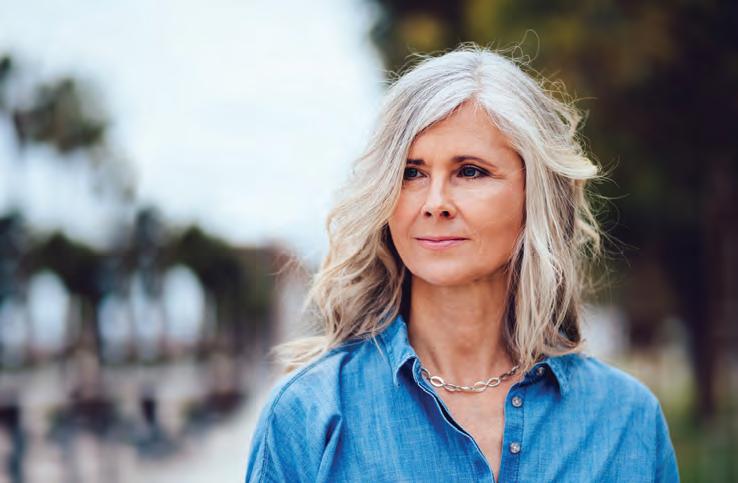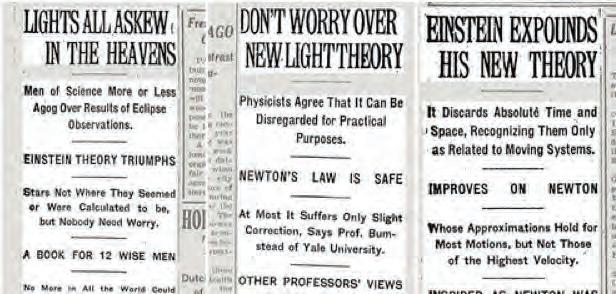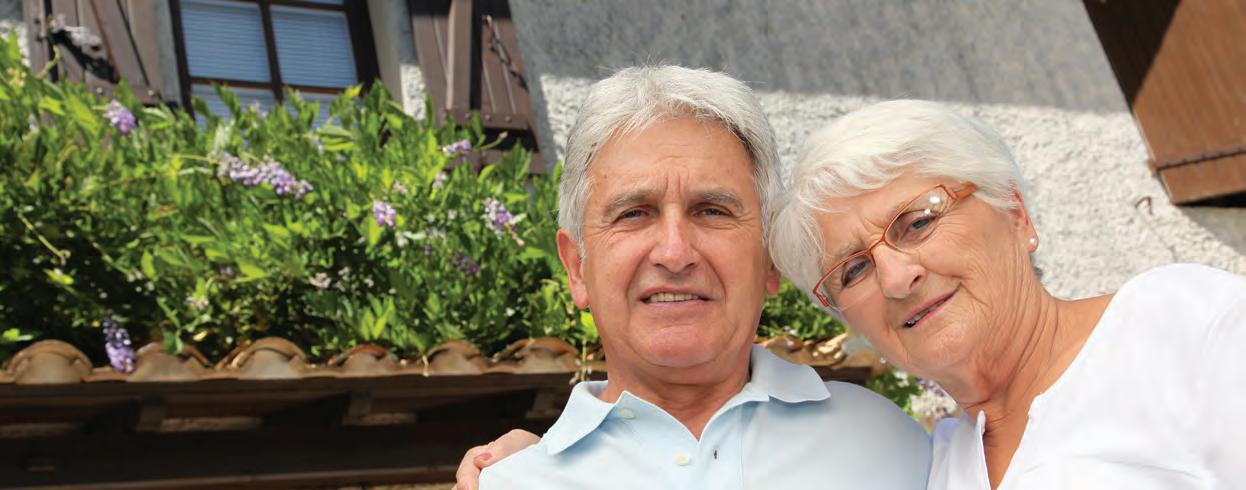
6 minute read
Insomnia
by Dr Samantha Pethen
Not sleeping well? You’re not alone! So, get your pyjamas on, make yourself a hot chocolate, snuggle in and have a look at this article!
Up to 40% of older adults experience common (and normal) sleep issues. These include light sleep, frequent waking and daytime fatigue. There is also a decrease in the deep sleep stage and an increase in periods of wakefulness through the night. As we age, ‘advanced sleep phase syndrome’ sets in, this creates earlier ‘to bed’ and ‘wake up’ times.
While it’s normal for sleep to change as we age, it remains important that we make sure we are still getting good quality sleep. It is well known that not getting enough will affect our immunity and increases the risk of heart disease and type two diabetes. By changing hormones that regulate our metabolism and appetite, poor sleep can also contribute to weight gain.
Some common health conditions can disrupt sleep, which when identified can often be easily rectified. These include; heart and lung c onditions which can affect breathing
pain, caused for example by osteoarthritis urinary issues, for example, an enlarged prostate or irritable bladder leading to frequent urination. sleep apnoea is a common diagnosis and important to identify. This causes frequent pauses in breathing while asleep and likely snoring as well. It is diagnosed by a sleep study and often responds well to using a CPAP machine. restless legs syndrome causes unpleasant itching, crawling or restlessness of the legs as a person is trying to fall asleep. It is poorly understood, but seems to be related to dopamine and iron levels.
These conditions can all be explored, explained, and largely managed by your GP.
The most common cause for disturbed sleep by a long way, is insomnia. One study showing up to 25% of older adults report symptoms of insomnia. Simply put, all this means is difficulties falling, or staying, asleep.
If it causes persistent issues, it is known to have an impact on depression, anxiety, and fatigue.
Some people do still seem to rely on medication, such as temazepam, which need a prescription from your GP. These are bad to take long term, causing issues with daytime confusion, an increased risk of falling, and the risk of addiction. The good news is, 63% of people, who slowly taper down, with medical supervision can be tablet free in seven weeks. Some may take longer.
Melatonin is felt to be less risky than these medications, and there are some studies which support its use.
It is a hormone which helps in the sleep-wake cycle and does not seem to cause issues when you stop taking it. It can be bought over the counter, but some studies have found that commercially sold supplements are not as good in purity or quality as the melatonin available by prescription.
Herbal supplements are often tried to help with the onset of sleep. The most
commonly suggested are valerian root and chamomile.
While Valerian root has been supported by some studies, its long term safety is unknown and can cause side effects such as headaches and nausea. It is believed to be safe for short term use by adults.
Chamomile is commonly taken as a tea, and has been used for centuries to combat anxiety and insomnia, despite no definitive research backing it’s use! It has no known adverse effects, although you should avoid it if you are sensitive to ragweed or chrysanthemums.
The best way to treat insomnia is with lifestyle changes. Listed below are some of the best tips we give to help combat poor sleep: Get set! It’s very important to have a set routine before going to sleep, this is true at any age! This includes having a regular bed time, and getting up at the same time. Developing your own relaxing routine may help, this could include bathing, a good book, using a blend of essential oils. Get zen! Psychological techniques are associated with the best outcome, especially those that target negative thought patterns and relaxation techniques. There are several smartphone aps, which work in this way, Smiling Minds and Headspace are very effective. Get exercise! Exercise is important for general health, and can help with insomnia, although it is important to not exercise within 4 hours of going to bed. Get cool! Keep your bedroom nice and cool, turn off all those lights and electronics and keep the telly on the outside! Get out of bed! If you are struggling to fall asleep for more than 15 minutes, try getting out of bed and doing something relaxing, just don’t go near the telly or computer!

Get checked! Some medication or medical problems can interrupt sleep, so it is important to chat to your GP and get a good check up
Hopefully, now you’ve read this, you are feeling nice and relaxed…put down the magazine and turn out your light! Goodnight!
Dr Pethen is a GP at your Family Doctors at Erina, a doctors surgery that aims to deliver high quality care with a personal touch, find them at www.yourfamilydovtors.com.au or phone 4365 4999
READY MADE MEALS


Delivered fresh NOT FROZEN
Having trouble things you used to do? Need to manage your health better? A “Better Health” wellness workshop shares ideas and tools to help you “live your life’ with a chronic health condition. Our free workshops are held all over the Coast. For more information call the Self Management Support Service on 4320 9416 or 4320 9417 or email CCLHDBetterHealthWorkshops@heal th.nsw.gov.au Having trouble doing things you used to do? Need to manage your health better? A “Better Health” wellness workshop shares ideas and tools to help you “live your life” with a chronic health condition.
Our free workshops are held all over the Coast.
For more information call the Self Management Support Service on 4320 9416 or 4320 9417 or email CCLHD-BetterHealthWorkshops @health.nsw.gov.au Having trouble things you used to do? Need to manage your health better? A “Better Health” wellness workshop shares ideas and tools to help you “live your life’ with a chronic health condition. Our free workshops are held all over the Coast. For more information call the Self Management Support Service on 4320 9416 or 4320 9417 or email CCLHDBetterHealthWorkshops@heal th.nsw.gov.au
Starter Pack Small $40 Regular $60 1 Roast Chicken 1 Beef Rissoles 1 Savoury Mince 1 Fish with White Sauce 1 Silverside 1 Chicken Veg Soup 1 Ham Salad 1 Apple Crumble
0410 525 153 Free Delivery Heat’n’Eat saves time and is cost effective. Meals are cooked to order and are fresh when delivered.

• Mobility Scooters • Lift Chairs
• Electric Wheelchairs
• Electric Beds
• Rollators/Walkers
• Walking Frames • Wheelchairs
• Shower Chairs
• Shower Stools • Over Toilet Aids • Crutches • Walking Sticks • Daily Living Aids Plus much more! DVA Contractor Approved Sales -Service -Repairs of all types of Mobility Equipment Mobility Scooters Lift Chairs Electric Wheelchairs Electric Beds Rollators/Walkers Walking Frames Wheelchairs Shower Chairs Shower Stools Over Toilet Aids Crutches Walking Sticks Daily Living Aids Plus Much More ! DVA Contractor Approved Present this ad for a 10% discount
4342 5308 3 Blackwall Road, Woy Woy www.mobilityhireandsales.com.au 4342 5308 215 West St, Umina Beach www.mobilityhireandsales.com.au






